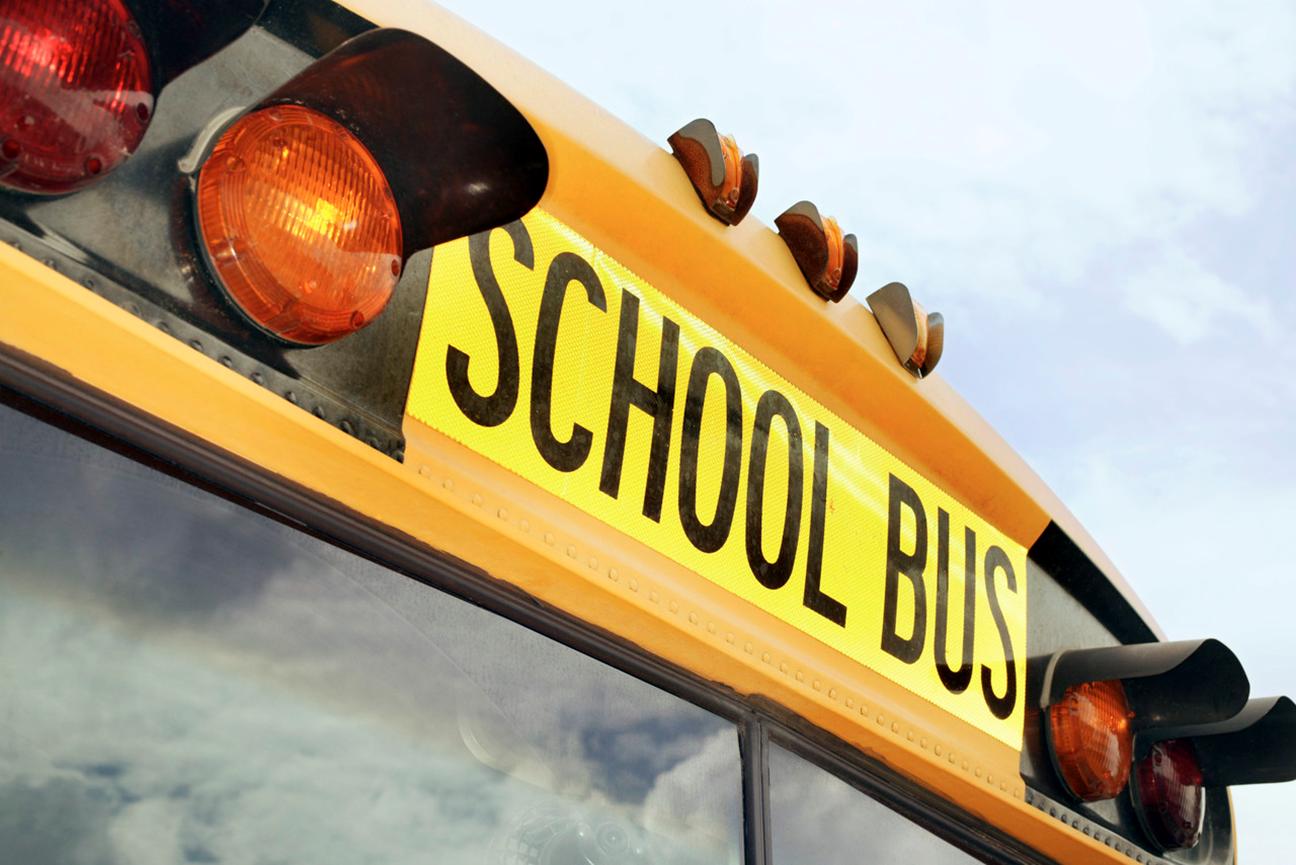 A recall election seeking to remove Leanne Ibarra and Jose Lara from their positions on the El Rancho Unified School District Board of Education in California is scheduled for June 2, 2020. The election is being conducted by mail-in ballot in response to the coronavirus pandemic. The candidate filing deadline passed on March 6; Allan Maciel and Joseph Rivera filed to run for Lara’s position, and Esther Mejia filed to run for Ibarra’s position.
A recall election seeking to remove Leanne Ibarra and Jose Lara from their positions on the El Rancho Unified School District Board of Education in California is scheduled for June 2, 2020. The election is being conducted by mail-in ballot in response to the coronavirus pandemic. The candidate filing deadline passed on March 6; Allan Maciel and Joseph Rivera filed to run for Lara’s position, and Esther Mejia filed to run for Ibarra’s position.
Although Ibarra is still contesting the recall effort, Lara resigned from his seat effective February 5, 2020. At a school board meeting on January 21, Lara said he was leaving in order to focus on his family while his son recuperated from an illness. His name will still be on the recall election ballot, and if a majority of voters cast ballots to retain him, the school board will appoint his replacement.
The recall effort began in May 2019. Recall supporters listed a number of concerns with the board, including a vote to notify 23 administrators they could be fired or reassigned, a vote to demote, transfer, or release six administrators, and the alleged mismanagement of a $200 million bond. In an interview with the Whittier Daily News, Lara responded and said, “The community of Pico Rivera has been driven along a misinformation campaign. They’ve only heard one side of the story.”
Lara was first elected to the five-member board on November 5, 2013, and Ibarra was first elected on November 6, 2018. Before Lara resigned, he and Ibarra were members of a three-person majority on the board, according to the Whittier Daily News. The third member of the majority, Gabriel Orosco, was not included in the recall effort since his term is up for election in 2020. The other two board members support the recall effort. To get the recall on the ballot, recall supporters had to collect at least 6,509 signatures by October 23, 2019.
In 2019, Ballotpedia covered a total of 151 recall efforts against 230 elected officials. Of the 66 officials whose recalls made it to the ballot, 34 were recalled for a rate of 52%. That was lower than the 63% rate and 57% rate for 2018 and 2017 recalls, respectively.

